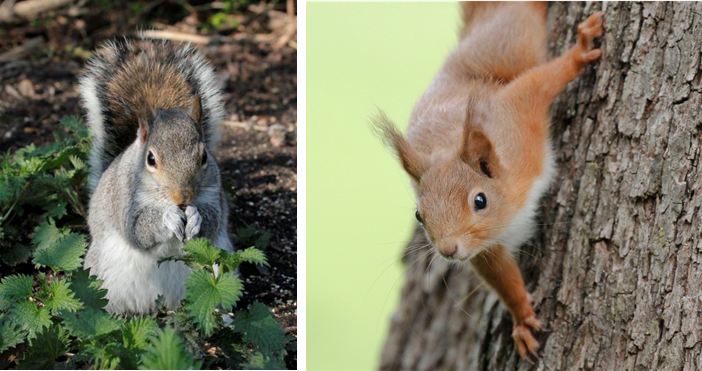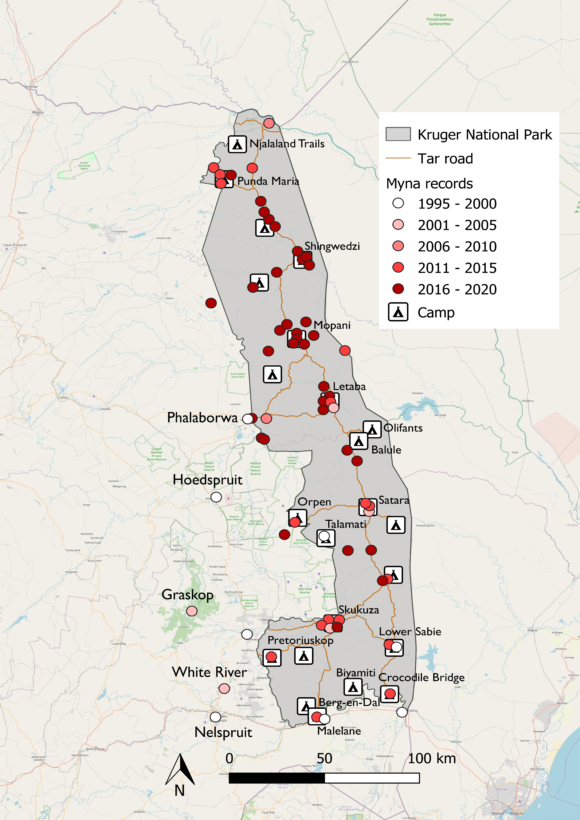23 February 2016 | By Tim Blackburn
Alien species are a common sight around the world. Yet, the diversity and ubiquity of these species belies the fact that many alien introductions fail to take hold. The reasons why some aliens are successful while others are not are core research questions in invasion biology. One possible answer to these questions is how alien species interact with organisms that cause disease, which we here call parasites. In a recent paper C·I·B Associate, Tim Blackburn, and colleague, John Ewen, reviewed the evidence that parasites can play a part in the success of alien species.
Parasites as invasion drivers
Successful aliens may be those that leave their parasites behind when they are moved to new homes. However, aliens that take their parasites with them may be more successful if those parasites have worse impacts on native species that would otherwise compete with or eat the alien host. On the other hand, aliens may do badly if they are infected with parasites already present in the new location.
“While there are lots of examples of parasites with impacts on aliens (positive and negative), there is little evidence that parasites contribute systematically to the success of their hosts as aliens” says Tim Blackburn, lead author of the paper in EcoHealth.
Parasites as invasion passengers
But parasites can be moved by human activities too, and Blackburn & Ewen explored causes of the success or failure of parasites themselves as aliens. They conclude that parasites fail for the same general reasons that their hosts do, but for different specific reasons.
“Many parasites fail to become aliens because they simply “miss the boat” – they are not in the host individuals that get transported – or because their hosts (and so they) die en route, which is especially likely if the parasite causes a serious disease” says Blackburn.
Some parasites fail to become aliens because their hosts do, but many parasites fail despite their hosts succeeding. This may be because too few parasites get introduced, because the environment does not suit them, or because their lifestyle counts against them – for example, they need intermediate hosts that do not get introduced.
Blackburn explains the importance of this study, “Conclusions from this study may be useful for times we want parasites to succeed as aliens, for example in biocontrol releases, or in translocations for the purposes of conservation.”
Read the paper
For more information, contact Tim Blackburn at t.blackburn@ucl.ac.uk



